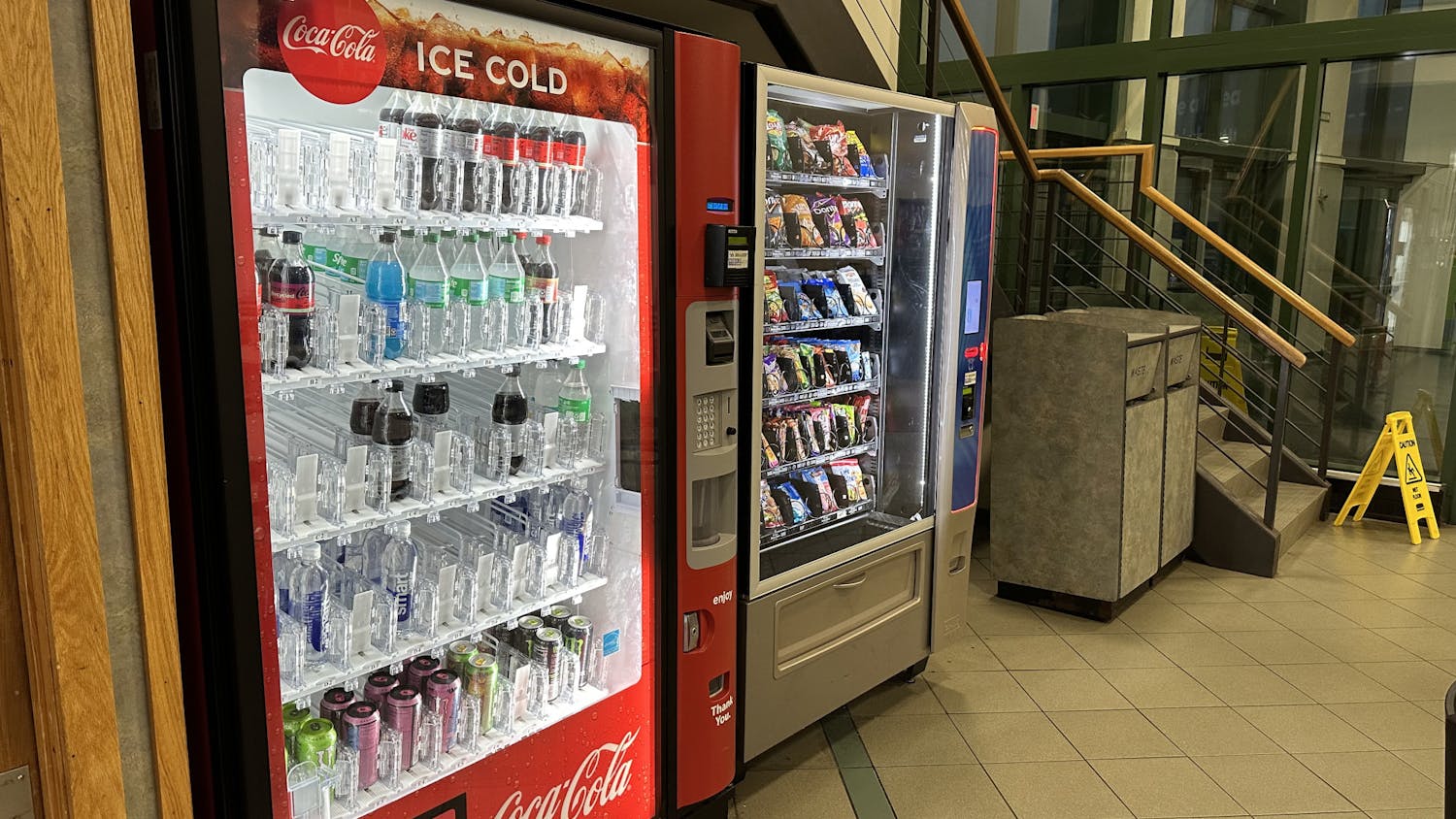"I went to a fight the other night, and a hockey game broke out." – Rodney Dangerfield
Many years ago, Dangerfield was right about the constant donnybrooks and slobber knockers that would spill out over the course of the game. But with the players being subject to supplemental discipline and the introduction of instigator penalties, fighting has decreased.
I don't believe there is ever a time in a hockey game for a bench-clearing brawl. There's no reason the game should get to the point that everyone is on the ice fighting for half an hour and the game needs to be ended.
But fighting should always have a place in hockey.
There are two instances when a fight should happen. The first being when someone on the other team throws a cheap shot on a teammate; the second being when your team can't get any momentum going and it needs a boost.
Earlier this season, Bruins forward Milan Lucic took a run at Sabres goalie Ryan Miller and nobody stepped up to fight him. The Sabres then became the laughing stock of the league because Lucic laughed about it after the game.
When your star player gets hit and injured, a teammate needs to step up and fight that player or he will continue to do it.
A defensive lineman in the NFL will keep hitting a quarterback no matter what you do. It's his job. But a hockey player will think twice about hitting a star player if you punish him in a fight.
The league won't punish a clean hit just because a star player got injured. Players will hit more and make good plays less. It will slow down the game even more than a two-minute fight that happens less than once every other game.
"If you get rid of fighting, you are going to get more of the dirty play. Let them fight, and get rid of all of the stickwork." –Hall of Famer, Gordie Howe
If you don't allow fighting to take place then there will be more penalties out of frustration. The sticks will start to come up and players would hit more, which will take away from the new standard of post-lockout play.
If your team is losing in every aspect of the game, then a fight may be necessary. Obviously scoring a goal, making a hard, clean check, or even blocking a shot are more civil ways to get to your team going but you don't always have an opportunity to do that.
If you win a fight that lasts a few minutes your team is going to get inspired that you put your body on the line and will play harder. Also, if you're on home ice, it will electrify the crowd and get the fans back into the game.
People say that fighters are taking spots away from more skilled players. But a team has one or two players that are classified as enforcers and many of them can play. An enforcer may be less skilled but he tends to make up for it in willingness to hit, block shots and occasionally fight.
Teams need tough guys if they want to be successful.
The Penguins lost the greatest player in the world, Sidney Crosby, to injury. But they are still winning because they can play a skilled game, a defensive game, and a grind-it-out game.
In basketball, you can hit a big three or a throw down a jam – it happens all game. In football, if a guy hits you hard you line up next to him on the next play and hit him back. But in hockey you may not score all game and you may not have a chance to hit that player for the rest of the game due to line matchups.
I won't use the excuse that it's tradition because all sports evolve. But, despite what our mother's have always said, fighting sometimes is the answer.
Email: sports@ubspectrum.com





